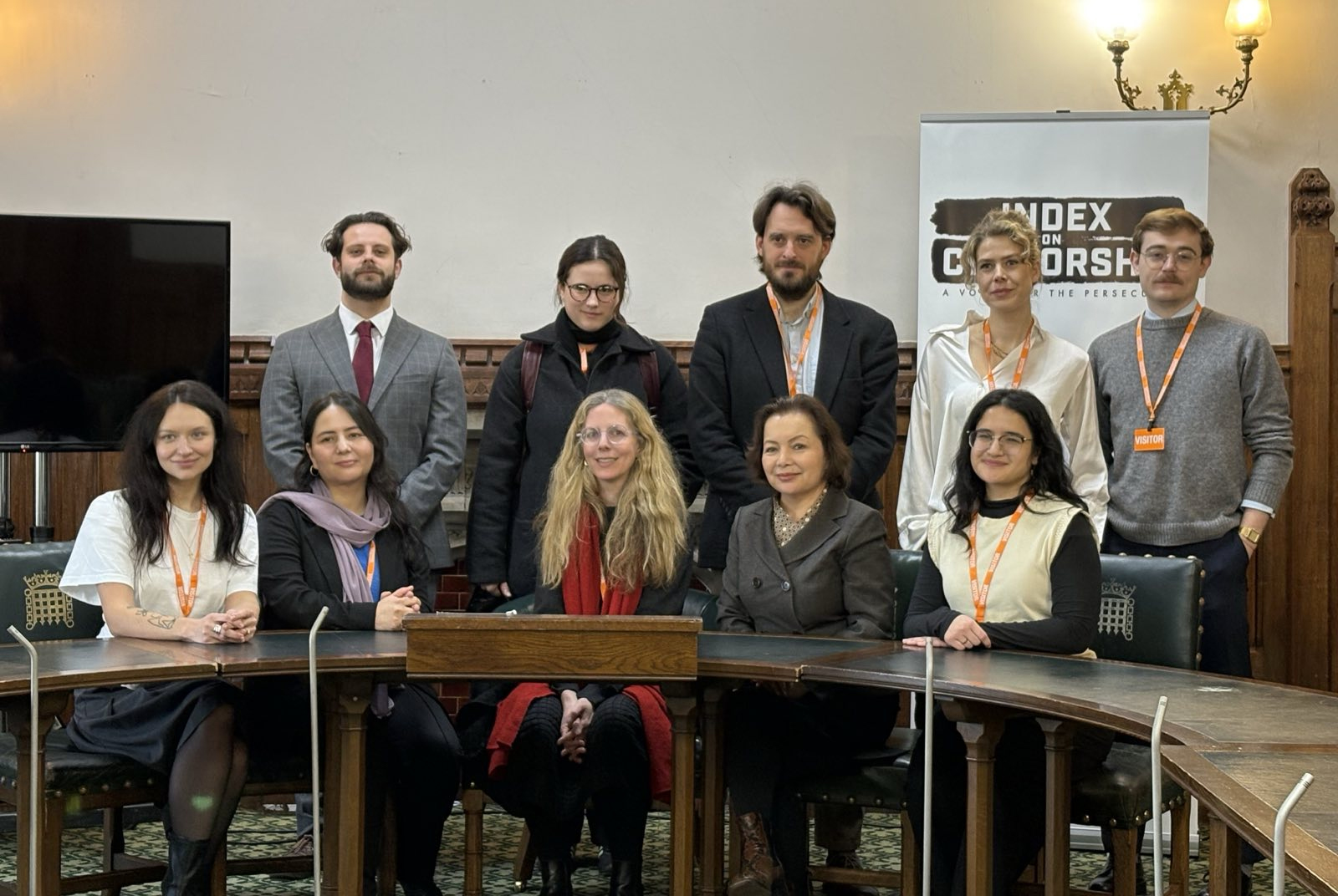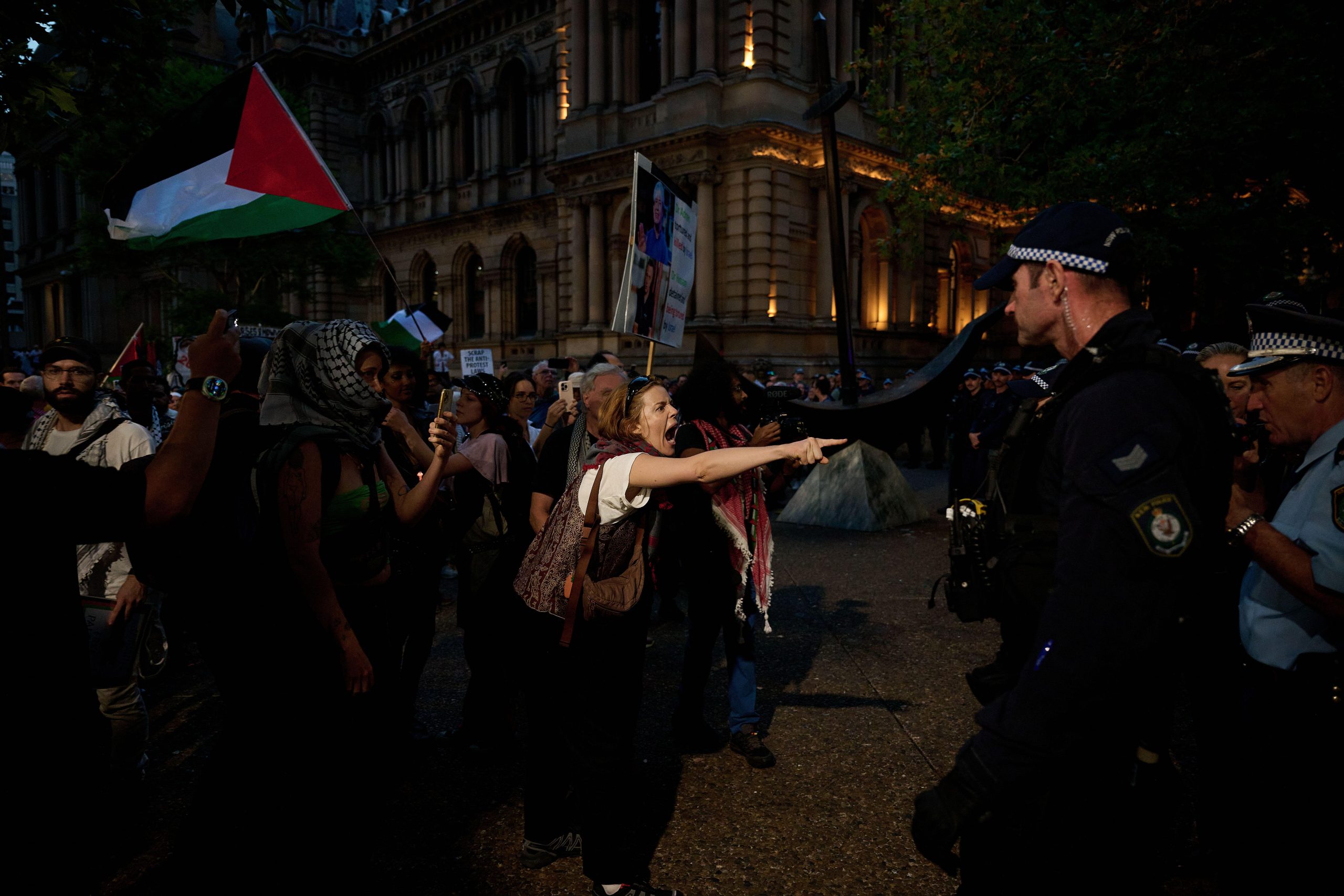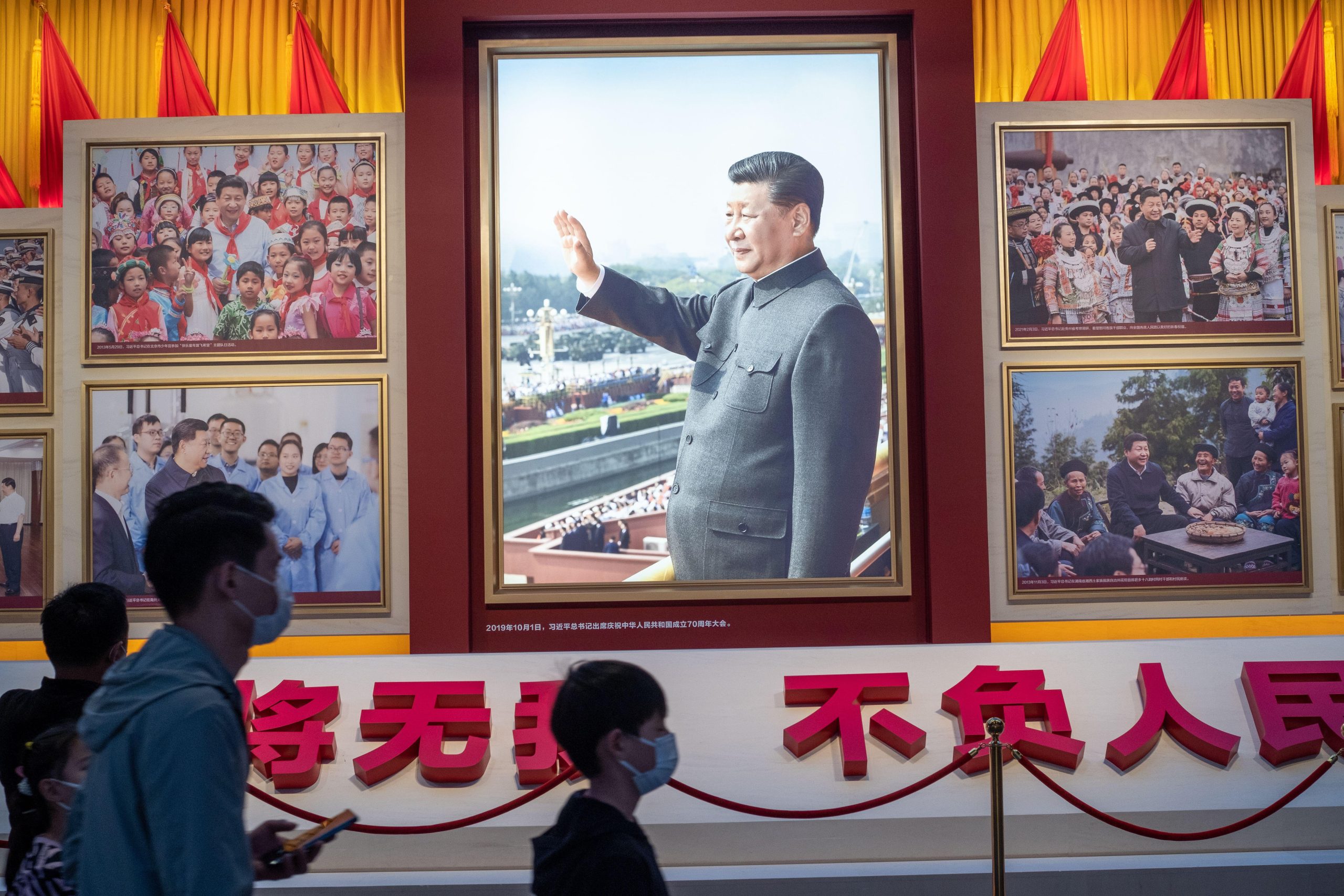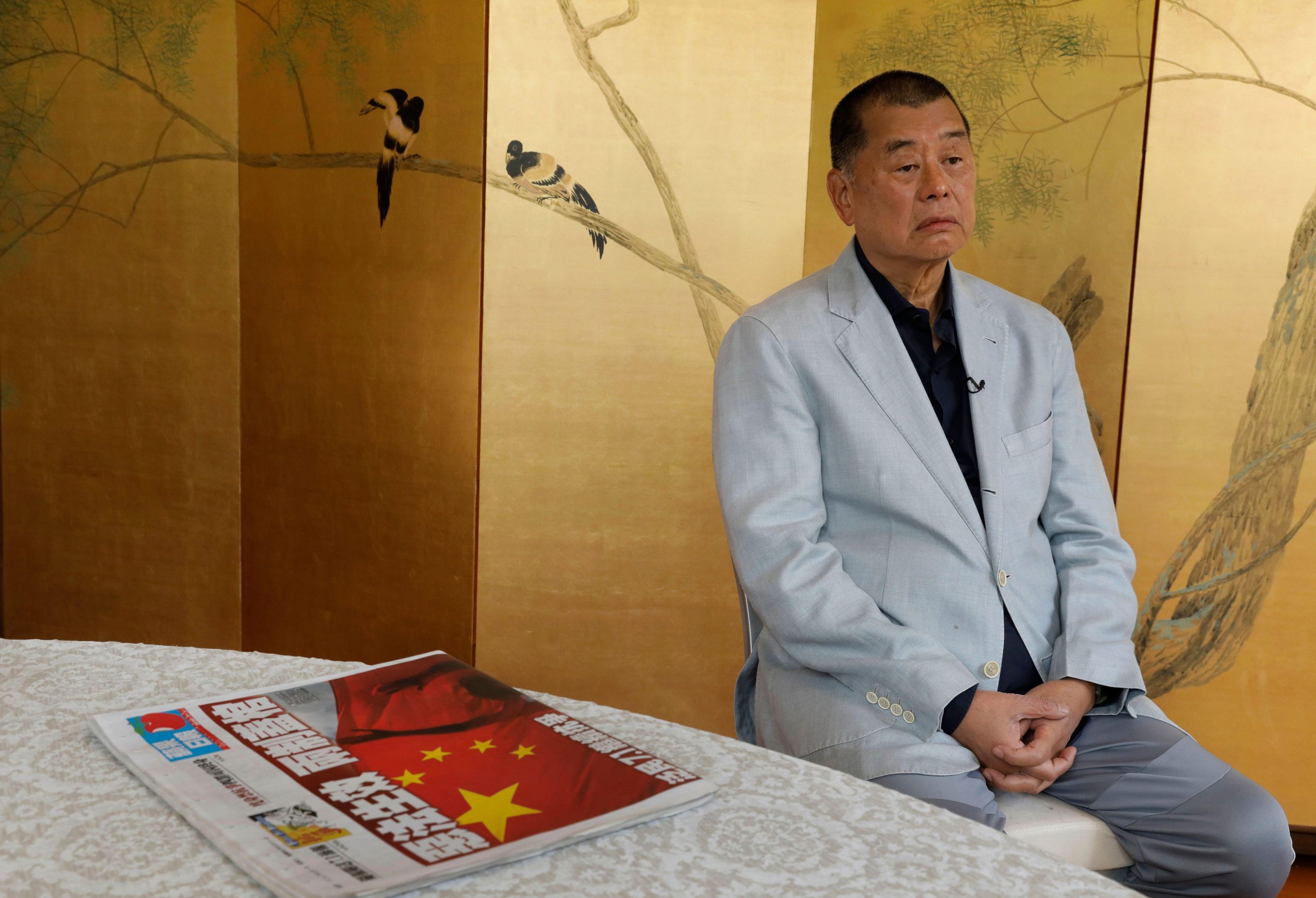
(Photo illustration: Shutterstock)
The Chinese government has revealed it is expanding their censorship of the internet with a new training programme for the estimated two million “opinion monitors” Beijing organised last year.
Training will target civil servants in all aspects of government – from the police force to the judiciary, to academic institutions, and even to the press offices in large and medium sized enterprises, many of which are state-owned, according to the offical state news agency Xinhua.
“The training courses actually began some years ago, I had attend it in 2006 when I was working for Yangcheng evening news in Guangdong province. But this is the first time it has been publicised so widely”, Yunchao Wen, a Chinese anti-censorship activist and social media expert, told Index.
The training course will reportedly cost 6,800 yuan ($1,108) and graduates will receive a certificate according to one of five levels – assistant analyst, analyst, senior analyst, manager and senior manager. The test will take three hours and participants will be required to take a “refresher” course at a later date.
Once trained, monitors will “supervise” the posting of social media messages, deleting those that are deemed harmful. Beijing claims to have deployed “advanced filtering technology” to identify problematic posts, and will need to “rapidly filter out false, harmful, incorrect, or even reactionary information,” according to Xinhua.
Internet monitoring in China is an intensive process. Censored search terms are often placed on the list and then removed as a situation develops.
A recent example saw searches for “terrorist” with “Xinjiang” placed back on a list of banned keywords, after reports of a terrorist attack in Kunming surfaced. Over 140 were injured and 33 were reportedly killed. Weibo quickly turned to theories about Uyghur separatists from the northern province of Xinjiang. “Terrorist” and “Xinjiang” were periodically blocked over similar incidents in 2013 and 2011. Similarly “children stabbed and killed” also re-appeared on the ban list.
Beijing also issued strict instructions to media:
Media may publish a moderate amount of criticism and internet commentary which oppose terrorism and violence and which condemn the killers. However, do not hype this incident.
Anne Henochowicz, Translations Editor for China Digital Times, told Index about the constantly shifting world of Weibo censorship.
“As a story trends in the news cycle, more terms are blocked on Weibo; and when that story ebbs, many of those words become searchable again,” she explained.
Alongside the announcement about the training course, the government emphasised its concern over “the spreading of rumours,” which have recently become a euphemism for political discussion, including possible corruption of senior officials online. Those who spread “rumors” would be “severely punished,” the statement confirmed.
Ten days ago, opinion monitors identified forty five users of Weibo, who were accused of “spreading rumours” about the deadly knife attack in Kunming. Several of the accounts are operated by well-known figures: Some of whom questioned the veracity of media reports, or speculated about the ethnicity of the attackers. All of the users received an official warning while some were detained.
This article was published on March 25, 2014 at indexoncensorship.org




